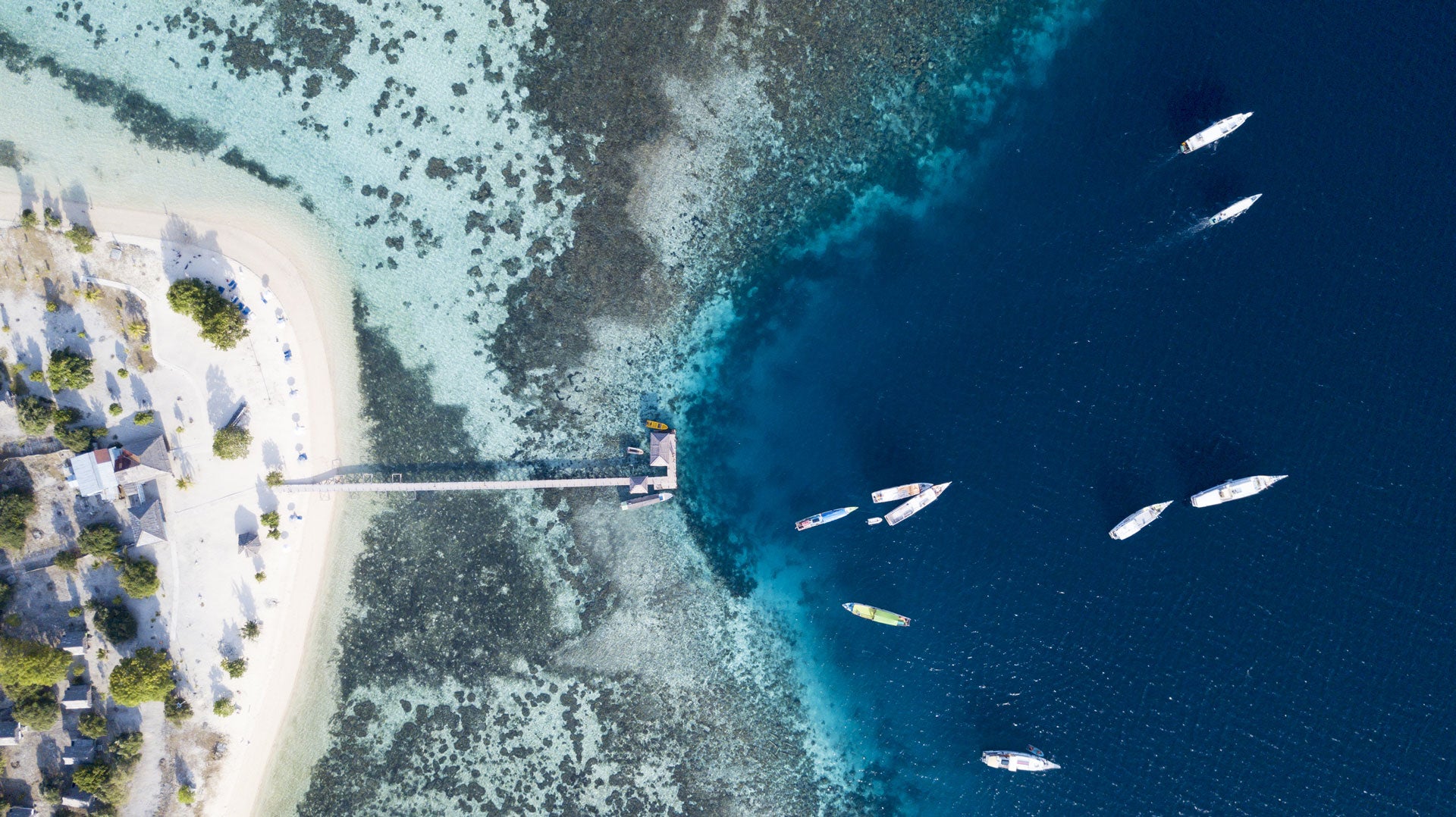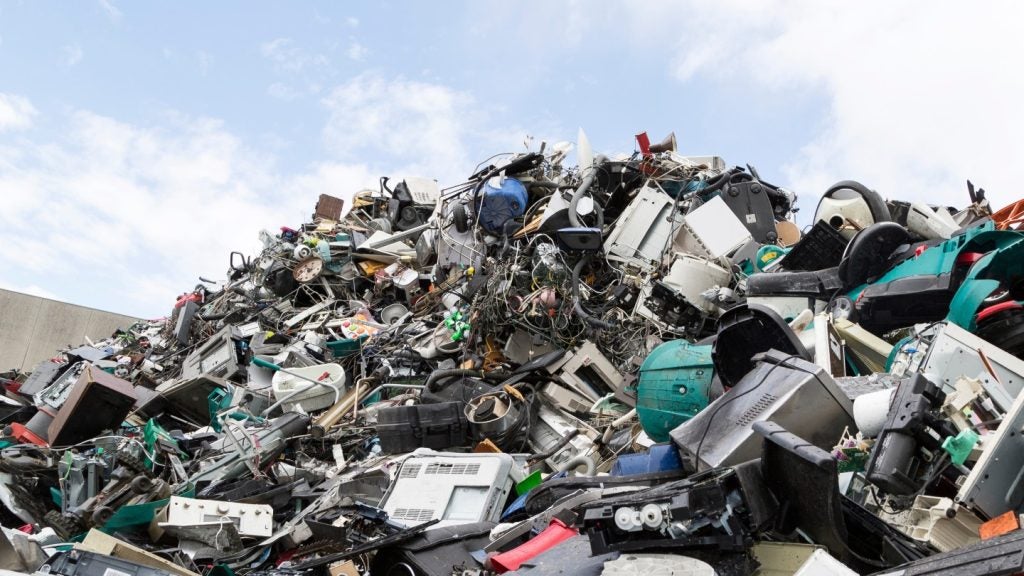
Christain Patouraux founded Kacific Broadband Satellites in 2013. Six years later, his first Ka-band satellite, built by Boeing and aptly named Kacific1, launched into geostationary orbit on a SpaceX Falcon 9 rocket from the Cape Canaveral Air Force Station on 16 December 2019.
Based in Singapore, Kacific aims to provide high-speed broadband services at an affordable cost to the Indo-Pacific, a region where there are many unserved people in the rural areas. Operating in an area marked by many archipelagos and a highly dispersed population, Kacific targets a huge segment of the population where traditional fixed line infrastructure is either challenging or not cost-effective to deploy.
Providing a wholesale satellite service, Kacific has attracted satellite service partners in several Pacific countries including Indonesia’s Bignet, Tuvalu Telecommunications Corporation, Tonga Satellite and Telecom Services Kiribati. It reportedly has customers in 25 countries that are signed up to Kacific1’s services across the region.
Kacific tackles potential rain fade disruption
Download speeds through Kacific1 satellites can reach up to 1Gbps for commercial users and up to 45Mbps for residential users, still a far cry from fibre, which can go up to 10Gbps. Additionally, Ka-band satellites are traditionally viewed as being unsuitable for regions with heavy rains, which disrupts the signal, a phenomenon engineers call “rain-fade”.
However, according to Patouraux, Kacific has adopted compensation techniques such as site diversity and adaptive coding and modulation, having tested the service through a rain event in Indonesia with satisfactory performance.
But for many in the rural undeveloped regions of Asia, any reliable internet access at all could be a life changing experience.
How well do you really know your competitors?
Access the most comprehensive Company Profiles on the market, powered by GlobalData. Save hours of research. Gain competitive edge.

Thank you!
Your download email will arrive shortly
Not ready to buy yet? Download a free sample
We are confident about the unique quality of our Company Profiles. However, we want you to make the most beneficial decision for your business, so we offer a free sample that you can download by submitting the below form
By GlobalDataFuture SpaceX competition could be an issue
Technical challenges aside, Kacific may one day come head-to-head with SpaceX’s own Starlink project that aims to deploy a constellation of about 12,000 satellites in low earth orbit to provide high speed internet access across the globe by 2021. SpaceX was reportedly manufacturing Starlink satellites at 120 units per month in August 2020.
The satellite internet business is in a pioneering phase, and clearly not an easy industry to establish. The biggest rival to SpaceX’s Starlink mega project, OneWeb, filed for Chapter 11 bankruptcy in March 2020 after facing a liquidity crisis despite having deep-pocketed backers such as SoftBank. In what way or form OneWeb will survive the crisis is yet to be seen.
One thing Kacific has got right, when facing mass-market behemoths the likes of SpaceX, it’s best to target a niche market that you know well and can serve well.








Related Company Profiles
OneWeb Ltd
SoftBank Corp